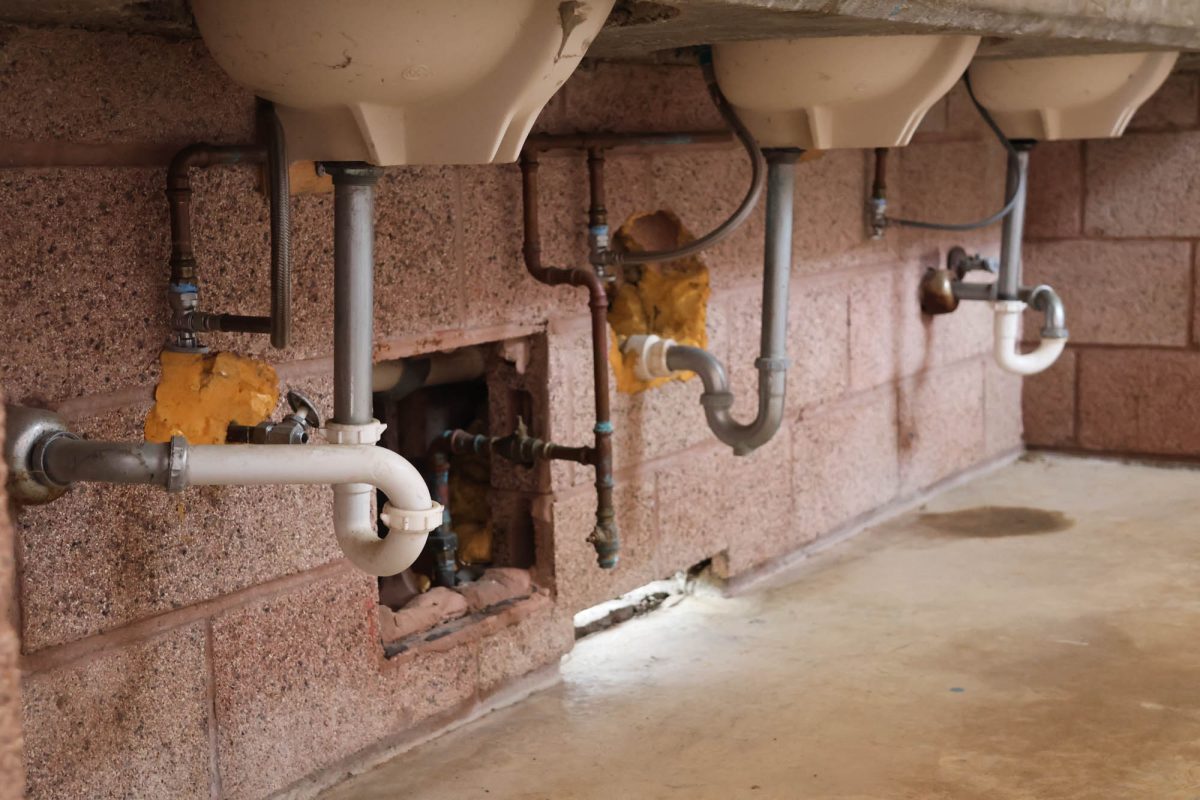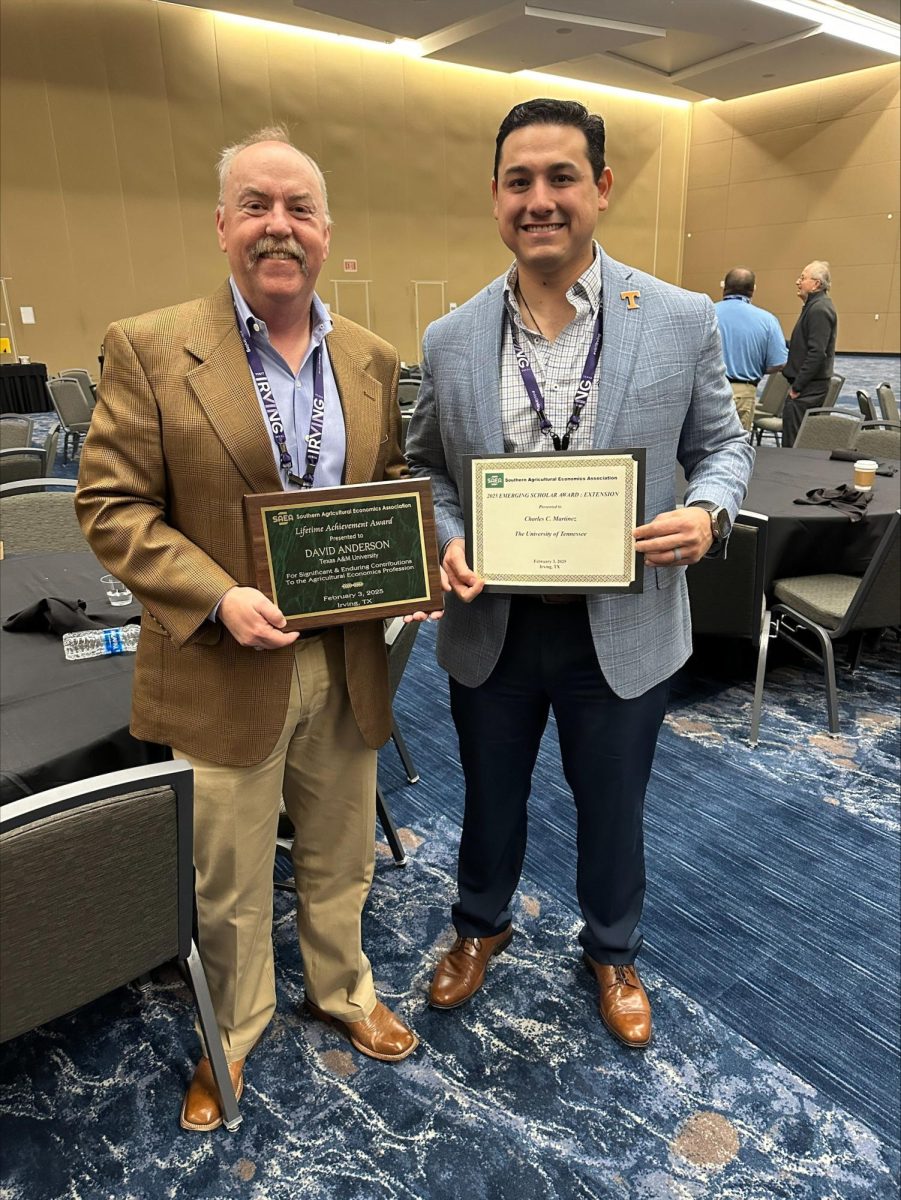The U.S. House of Representatives passed a bill Thursday to implement measures to forestall the entrance of Syrian and Iraqi refugees into the United States. The bill, H.R. 4038, was passed 289 to 137 with 47 Democrats and all but two Republicans assenting.
The “American Security Against Foreign Enemies Act of 2015,” or the “American SAFE Act,” would require the director of the FBI to perform individual background checks on each refugee, and also would require the Secretary of Homeland Security and the Director of National Intelligence to certify that each refugee is not a national threat before admittance into the country.
Huyen Pham, professor of law and associate dean for faculty research and development at the Texas A&M School of Law, said those opposed to the bill say it would require an excessive standard for admitting refugees.
“My understanding, or at least the criticism of this House bill, is that it will be impossible to implement,” Pham said. “That is, if you are the director of the FBI, to be able to put your signature and to say, ‘Absolutely, any person coming from these two countries poses no threat’ imposes a fairly impossible standard on this process.”
The Islamic State, also known as ISIS, claimed responsibility for the Nov. 13 Paris terrorist attacks and at least one of the attackers is confirmed to have entered France by posing as a Syrian refugee. Because of this, many representatives have called for greater scrutiny in vetting refugees accepted into the United States. On Monday, Texas Gov. Gregg Abbott joined a long list of Governors who declared they wouldn’t accept any Syrian refugees.
Danny Davis, director of the Graduate Certificate in the A&M Homeland Security Program, said he agreed with Gov. Abbott that it would be unwise to accept the refugees.
“I don’t think it’s wise to allow into our country refugees from an unstable place where we cannot determine who they are,” Davis said in a previous interview with The Battalion. “I just think from a national security standpoint, that’s not smart.”
Pham said new vetting requirements are unnecessary because the current protocol sufficiently screens refugees.
“The current process for refugees takes, I think most people estimate it takes about two years, and they do look carefully at refugees coming from areas where there are known terrorist connections,” Pham said. “That process, I think, takes up to two years and involves up to nine government agencies, so it’s a fairly careful process as it currently stands.”
In September, Ryan Crocker, dean of the Bush School, along with several other former American government officials sent a letter to President Obama urging him to accept 100,000 Syrian refugees into the United States.
Crocker was unavailable for comment on this story. In September, he said the United States had a moral obligation to accept refugees.
“It says right on the Statue of Liberty, ‘Give me your tired, your poor, your huddled masses yearning to be free,’” Crocker said. “That’s who we are as Americans — we are a place of refuge.”
Pham said she doesn’t expect H.R. 4038 to become law.
“I’m hopeful that with the contemplation that is required, because this also has to pass the Senate, that with the passage of time people will take a step back and look holistically at what it is that they’re asking,” Pham said. “I’m an optimist, so I do not think, eventually, it will pass.”
U.S. House of Reps passes bill to impede refugee entry
November 19, 2015
0
Donate to The Battalion
$2790
$5000
Contributed
Our Goal
Your donation will support the student journalists of Texas A&M University - College Station. Your contribution will allow us to purchase equipment and cover our annual website hosting costs, in addition to paying freelance staffers for their work, travel costs for coverage and more!
More to Discover









